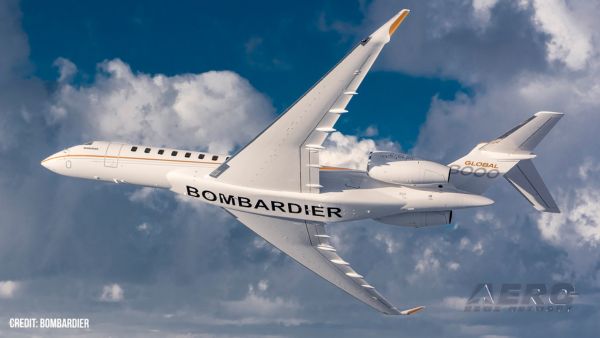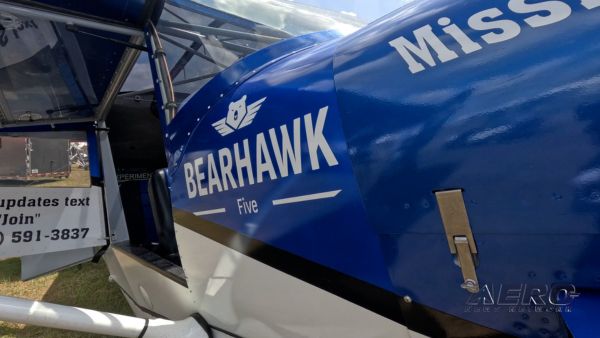Wed, Feb 22, 2006
Advertisement
More News
 Aero-FAQ: Dave Juwel's Aviation Marketing Stories -- ITBOA BNITBOB
Aero-FAQ: Dave Juwel's Aviation Marketing Stories -- ITBOA BNITBOB
Dave Juwel's Aviation Marketing Stories ITBOA BNITBOB ... what does that mean? It's not gibberish, it's a lengthy acronym for "In The Business Of Aviation ... But Not In The Busine>[...]
 Airborne 05.19.25: Kolb v Tornados, Philippine Mars, Blackhawk Antler Theft
Airborne 05.19.25: Kolb v Tornados, Philippine Mars, Blackhawk Antler Theft
Also: Tentative AirVenture Airshow Lineup, Supersonic Flight Regs, Private Pilot Oral Exam Guide, Boeing Deal The sport aircraft business can be a tough one... especially when Moth>[...]
 Klyde Morris (05.19.25)
Klyde Morris (05.19.25)
Klyde Gets Nervous... Is Crazy Mike Enough? FMI: www.klydemorris.com>[...]
 Airborne-NextGen 05.20.25: Drone Regs, Zero-Emission Cargo, Door-Dash Drone
Airborne-NextGen 05.20.25: Drone Regs, Zero-Emission Cargo, Door-Dash Drone
Also: Blackhawk’s Replacement, Supersonic Flight, Archer 1Q/25, Long-Range VTOL Program U.S. Secretary of Transportation Sean P. Duffy released an update on progress being ma>[...]
 Airborne Affordable Flyers 05.22.25: RV-15 Finalizing, OSH NOTAM, Kolb v Tornado
Airborne Affordable Flyers 05.22.25: RV-15 Finalizing, OSH NOTAM, Kolb v Tornado
Also: Elektra Solar Trainer, U.S. Nationals Update, SeaMax M-22 Catches Fire, Bearhawk Aircraft At SUN ‘n FUN The Vans Aircraft engineering team recently provided its spring >[...]
blog comments powered by Disqus



